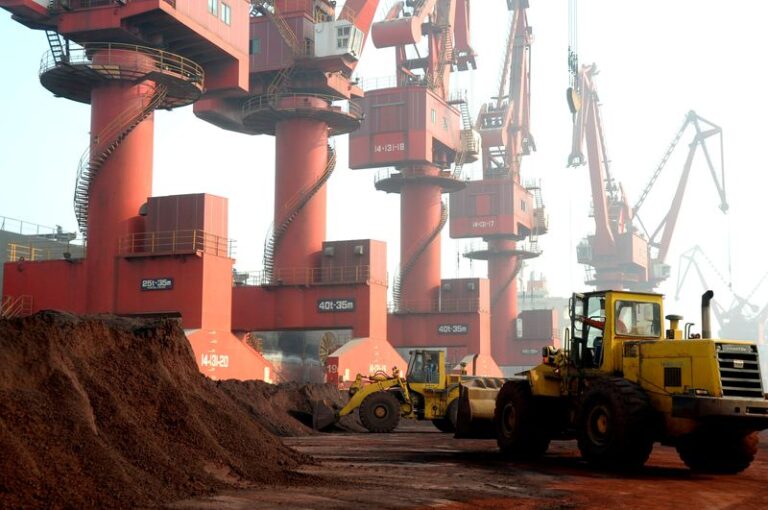BEIJING (Reuters) – China has published a list of rare earth restrictions aimed at safeguarding supplies in the name of national security, setting out rules on the mining, smelting and trading of key materials used to make products ranging from electric car magnets to home appliances.
The rules, issued by the State Council or Cabinet on Saturday, say rare earth resources are state property and the government will oversee the development of rare earth-related industries. Rare earths consist of 17 minerals and in recent years China has become the world’s largest producer, accounting for about 90 percent of global concentrate output.
Such is the global industrial importance of rare earth elements that, under legislation that came into force in May, the EU set ambitious targets by 2030 for domestic production of minerals crucial to the green transition, particularly rare earth elements used in the permanent magnets that power electric vehicle and wind power motors.
Demand in the EU is forecast to surge six-fold in the decade to 2030 and seven-fold by 2050.
China’s new regulations, which come into effect on October 1, will see the State Council establish a tracing information system for rare earth products.
The State Council said companies involved in rare earth mining, smelting and separation, as well as exporting rare earth products, must establish a product flow recording system, “truthfully” record the flow and enter it into the tracking system.
Already last year, China introduced restrictions on exports of germanium and gallium, elements widely used in semiconductor manufacturing, citing the need to safeguard national security and interests.
In addition to banning rare earth extraction and separation technologies, the export of manufacturing technologies for rare earth magnets is also prohibited.
Those rules have raised concerns that restricting rare earth supplies could increase tensions with Western countries, particularly the United States, which has accused China of using economic coercion to influence other countries – allegations Beijing denies.
China’s rare earth restrictions were announced as the EU prepares to impose provisional tariffs on Chinese-made electric vehicles on July 4. The EU says the tariffs are meant to protect the 27-nation bloc from a flood of electric vehicles produced with unfair government subsidies, but both sides have said they plan to hold talks on the proposed tariffs.
(Reporting by Ryan Wu and David Holmes Editing by David Holmes)

